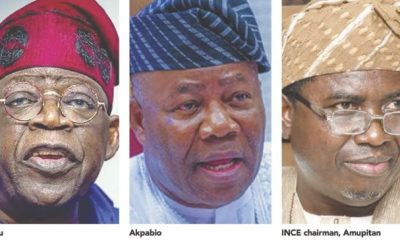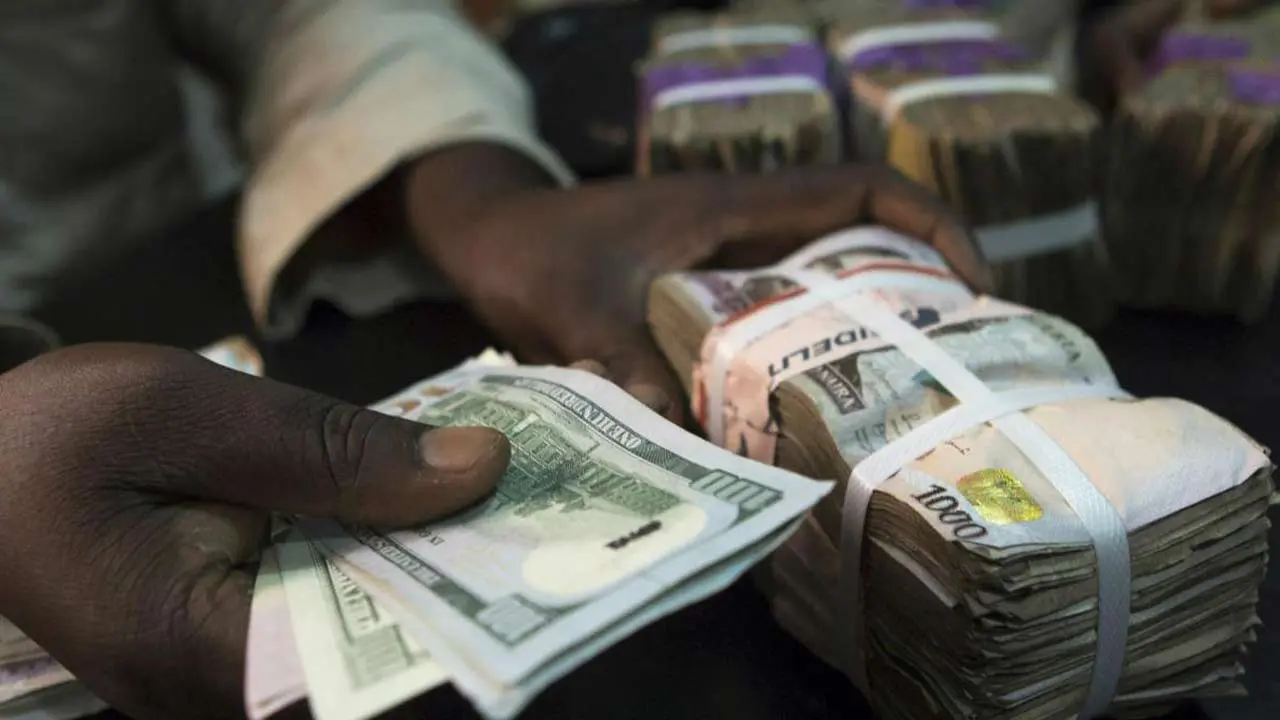In the latest trading session of the week, the Nigerian naira demonstrated a slight recovery against the dollar in the official foreign exchange market.
According to data from the Nigerian Autonomous Foreign Exchange Market (NAFEM), the local currency traded at N1,600 to the dollar on Friday, improving from Thursday’s rate of N1,601.20 per dollar. This minor strength is indicative of ongoing efforts to stabilize the naira amidst economic challenges.
Central Bank of Nigeria (CBN) Governor Olayemi Cardoso commented on the situation, noting that trust in the naira is “gradually returning.” He emphasized that the apex bank is committed to ensuring stability in the currency through well-defined policies aimed at boosting public confidence.
In a related development, the CBN addressed circulating rumors regarding the potential withdrawal of the old N200, N500, and N1,000 banknotes from circulation by December 31, 2024, asserting that these notes will remain legal tender.
This announcement comes as concerns continue to mount over the dual existence of both old and new naira notes, leading to confusion among the public.
Afam Ogene, a member of the House of Representatives and the Labour Party Caucus Leader, expressed his concerns about the CBN’s lack of clarity regarding the status of the currency notes.
READ ALSO: Naira depreciates to N1,739/$ in parallel market
He raised questions about the practicality of a country operating with two different sets of identical currency, highlighting the challenges this has posed for everyday Nigerians.
In response to these concerns, the House of Representatives has mandated its Committee on Banking Regulations to collaborate with the CBN and provide a detailed report within 21 days.
As the naira’s situation unfolds, the dollar continues to show resilience, having recorded its fourth consecutive week of gains. Recent economic reports indicate a shift in market expectations surrounding the Federal Reserve’s interest rate decisions.
The dollar faced a slight decline over the last two sessions as the momentum of its earlier surge diminished. The dollar index stabilized at 104.03 index points, having briefly surpassed the 200-day simple moving average earlier in the week, but was forced into a pullback due to overextension.
Encouraging economic indicators from the United States have also influenced the dollar’s performance. Non-defense capital goods orders, excluding aircraft, increased by 0.5% last month, surpassing the expected 0.1% rise.
Additionally, the University of Michigan’s consumer sentiment survey for October showed an increase from 70.1 to 70.5, exceeding analysts’ expectations. Meanwhile, the one-year inflation outlook fell from 2.9% to 2.7%, aligning with previous figures.
As a result of this positive economic data, expectations regarding the Federal Reserve’s interest rate cuts have moderated, leading to a rise in U.S. Treasury yields.
The dollar’s strength is further bolstered by speculation surrounding the upcoming government payrolls report, which is poised to draw significant investor attention.

 Comments and Issues1 week ago
Comments and Issues1 week ago
 Comments and Issues1 week ago
Comments and Issues1 week ago
 Comments and Issues1 week ago
Comments and Issues1 week ago
 Health6 days ago
Health6 days ago
 Comments and Issues1 week ago
Comments and Issues1 week ago
 Education1 week ago
Education1 week ago
 Football6 days ago
Football6 days ago
 Aviation7 days ago
Aviation7 days ago

